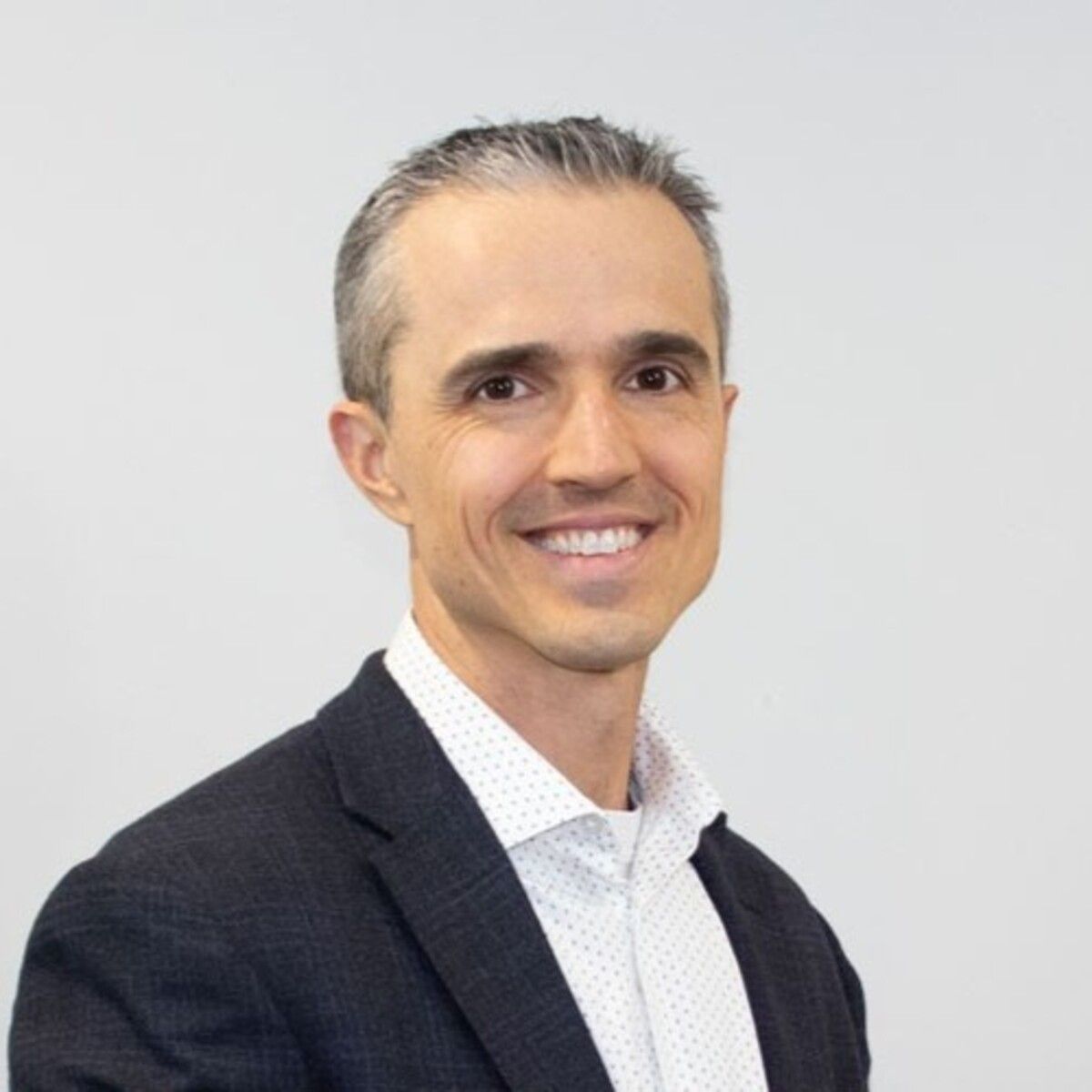GRC Engineering is so hot right now, and I can only see demand for these skills growing.

There's a great opportunity to build your capabilities through a new free resource called the GRC Engineering Learning Hub, which launched yesterday and features two of my podcasts as an "unsuspecting addition" from GRC Engineering Manifesto co-author Justin Pagano.
Table of Contents
What is GRC Engineering?
According to the manifesto:
GRC Engineering is a step-change evolution in security governance, risk, and compliance (GRC), and related disciplines such as trust and assurance. It's more than just 'GRC + writing code.' It's a fundamental shift in how GRC is done, one that fully embraces an engineering mindset (broadly speaking), systems thinking and design thinking, and a customer-centric focus around how best to deliver GRC outcomes.
Adopting an engineering mindset and learning how to write code makes a lot of sense against a backdrop of the Magnificent 7 (Alphabet, Amazon, Apple, Broadcom, Meta Platforms, Microsoft, and NVIDIA) bringing historically high concentration of economic impact (with associated opportunities and risks) with their technology we depend on every day.
The obvious and immediate impact of GRC manifesto concepts is to organizations with cloud infrastructure, or that were even born in the cloud. I had AWS Certified Cloud Practitioner on my initial draft GRC Certification Roadmap but removed it after feedback that it would only apply to companies with cloud footprints. I'm now overdue to add it back in.
Sure, the only constant in tech is change and there's even been a surprising swing of the pendulum from cloud back to on-prem for data residency reasons amongst geo-political tensions, or cost reasons for steady state workloads, however:
As McKinsey noted long ago, every company is now a software company
Software development and cloud go hand-in-hand
GRC engineering values such as "evidence, logic, math and reason over fear, uncertainty and doubt" can apply to any environment
Building Your Career Development Plan
In a 70-20-10 career development plan (CDP) to break into cybersecurity GRC, the formula flips for newcomers: over-weight education early to unlock relationships and experience opportunities. The traditional model suggests 70% of learning comes from experiences, 20% from relationships, and 10% from formal education. But when breaking into GRC, that 10% education component becomes your unlock mechanism—it's what makes the other 90% possible.
Key insights from my podcast with Ayoub Fandi, now featured in the Learning Hub, show how this works in practice.
Start with fundamentals, not tools
Ayoub began with a 15-hour course on IPv4. Not to become a network engineer, but to understand what he was securing.
When you work in security you're securing something. What is that thing?
Instead of jumping into penetration testing tools, he asked:
What are the backbones of an information system?
Tie learning to immediate application. Every piece of knowledge should connect to your current role. When building compliance dashboards at EY, Ayoub watched videos about the specific technologies he encountered—Red Hat, Citrix, IBM AIX. This wasn't abstract learning; it was immediately applicable.
Use affordable, targeted resources
Ayoub leveraged CBT Nuggets, O'Reilly subscriptions, Harvard's CS50 course, and YouTube channels with whiteboard explanations. The goal wasn't proficiency but understanding. Quality education doesn't require expensive bootcamps—it requires strategic selection of resources.
Persist in relationship building
Ayoub sent 450 LinkedIn messages when breaking into security. Only 15 people responded, but those connections launched his career. Some relationships continue today. Education gave him something valuable to discuss in those conversations.
The Labs Advantage for Your CDP
Especially interesting for the experiences section of your CDP is the Labs section of the GRC Engineering Learning Hub. Hands-on labs let you build real artifacts that stand out on your resume with a GitHub link. This transforms theoretical knowledge into demonstrable skills—exactly what hiring managers want to see.
Labs complement the foundational knowledge from certifications and take it to the next level. While courses and certifications provide structured learning and credential recognition, labs give you working examples of your capabilities. You're not just saying you understand cloud security; you're showing the automated compliance checks you've built.
Why GRC Engineering Matters Now
Modern organizations operate in staggering complexity. They run hybrid infrastructure across on-premises and multiple clouds. They integrate AI models into core services. They depend on hundreds of SaaS vendors. Traditional GRC approaches—built for simpler times—cannot keep pace.
As Ayoub explained in our conversation, GRC practitioners uniquely span the entire organization.
You speak to developers, infrastructure teams, HR, legal... I think the experience we gain in GRC is the closest you can get to getting very strong business acumen while being in security.
But these conversations only work if you understand the underlying technology. GRC Engineering bridges this gap, combining technical depth with risk management expertise.
From Learning to Impact
My recent conversation with Richard Seiersen—possibly the first GRC engineer—dove into cyber risk quantification, showing how GRC professionals can communicate risk in business terms that drive decisions. This isn't entry-level content; it's advanced practice that helps experienced professionals refine their craft.
The GRC Engineering Learning Hub makes this progression possible. Start with fundamentals, build through labs, learn from practitioners, and gradually tackle more complex challenges. Each step builds on the last, creating a clear path from newcomer to expert.
Your Next Step

The resources are free. The community is welcoming. The demand for GRC Engineering skills is growing. Whether you're transitioning from another field or elevating your current GRC practice, the Learning Hub provides a structured path forward.
The GRC Engineering movement is gaining momentum, and early adopters will have an advantage. As more organizations realize they need technically-savvy GRC professionals who can bridge business and engineering, those who've invested in these skills will be ready.
The question isn't whether GRC Engineering will become the standard—it's whether you'll be ahead of the curve when it does.

